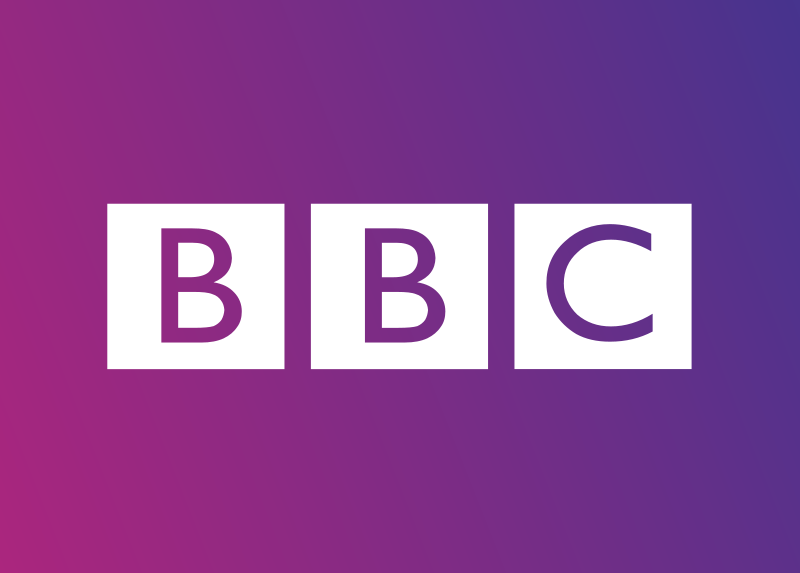The BBC has condemned the apparent blocking of its English-language websites in China:
BBC Global News director Peter Horrocks said it appeared to be “deliberate censorship”, adding that the BBC was complaining to the authorities.
[…] Since the 2008 Beijing Olympics, the BBC’s English-language site has been generally available.
However, other BBC services including its Chinese-language news website has been blocked largely since it was launched.
[…] The last time the BBC’s English-language website was disrupted was during the corporation’s coverage of activist Chen Guangcheng’s escape from house arrest in April 2012. [Source]
The BBC’s Asia bureau chief Jo Floto tweeted on Wednesday that the “usual practice” of blocking Hong Kong-related broadcasts also continues, as a video on the corporation’s site illustrates. While no definitive explanation for the blocking is available, its role as the U.K.’s state broadcaster may have made it a target as China’s foreign ministry admonished British leader David Cameron for “interfering in Hong Kong affairs.” Cameron told Parliament on Wednesday that the U.K. should “stand up” for the rights promised to its former colony:
Richard Graham (Gloucester) (Con): The 1984 joint declaration committed Britain and China together to preserve the freedoms and stability of, and a high degree of autonomy for, Hong Kong for 50 years. Recent large demonstrations there show that the people of Hong Kong have real concerns over proposals for the election of their next Chief Executive. Does my right hon. Friend agree that we should do everything possible to encourage the Governments of Hong Kong and China to find ways to provide the widest possible choice in that important election and that that is vital to the stability of Hong Kong and the interests of both Britain and China?
The Prime Minister: I agree with my hon. Friend that it is important that democracy involves real choices. I also think that we should be very clear about the importance we attach to the 1984 joint declaration, which makes it very clear that the current social and economic systems in Hong Kong will remain unchanged, including lifestyle. It talks about:
“Rights and freedoms, including those of the person, of speech, of the press, of assembly, of association, of travel, of movement, of correspondence”
and, indeed, “of strike”. Those are important freedoms jointly guaranteed through that joint declaration and it is that, most of all, that we should stand up for. [Source]
China and others have frequently noted that Britain had more than 150 years to promote these freedoms itself. The New York Times’ Nicholas Kristof examined its failure to bring democracy to Hong Kong in 1989:
ON almost every distant rock of empire – in India, in Africa, in the Caribbean – Britain tried as it withdrew from its possessions to leave a democratic system as its legacy. But in Hong Kong, which is to be handed over to China in 1997, the British Government is critical of a democratic movement that has sprung up on its own, and it seems determined not to introduce a fully democratic system in the remaining years of its rule.
[…] The opposition to immediate democracy comes from an alliance of the British and Chinese Governments and business executives. The business leaders say that they favor democracy, but that change must come gradually to insure stability. [Source]
Quartz’s Gwyn Guilford shed more light on this alliance on Saturday:
[… I]n 1960, Liao Chengzhi, China’s director of “overseas Chinese affairs,” told Hong Kong union representatives that China’s leaders would “not hesitate to take positive action to have Hong Kong, Kowloon and the New Territories liberated” if the Brits allowed self-governance.
These documents—which, perhaps unbeknownst to the People’s Daily, Hong Kong journalists have been busily mining (link in Chinese)—show that not only were the Brits mulling granting Hong Kong self-governance in the 1950s; it was the Chinese government under Mao Zedong who quashed these plans, threatening invasion. And the very reason Mao didn’t seize Hong Kong in the first place was so that the People’s Republic could enjoy the economic fruits of Britain’s colonial governance. [Source]
The U.S. has also been accused of “enjoying the sweet taste of interfering in other countries’ internal affairs”: People’s Daily claimed last week that a vice president of the congressionally-funded National Endowment for Democracy had met with protest organizers earlier this year. (The NED, which is among CDT’s sponsors, issued a statement on Tuesday denying the allegations.) A former official involved in Hong Kong’s return to China subsequently implied that U.S. intelligence agencies are behind the protests.








